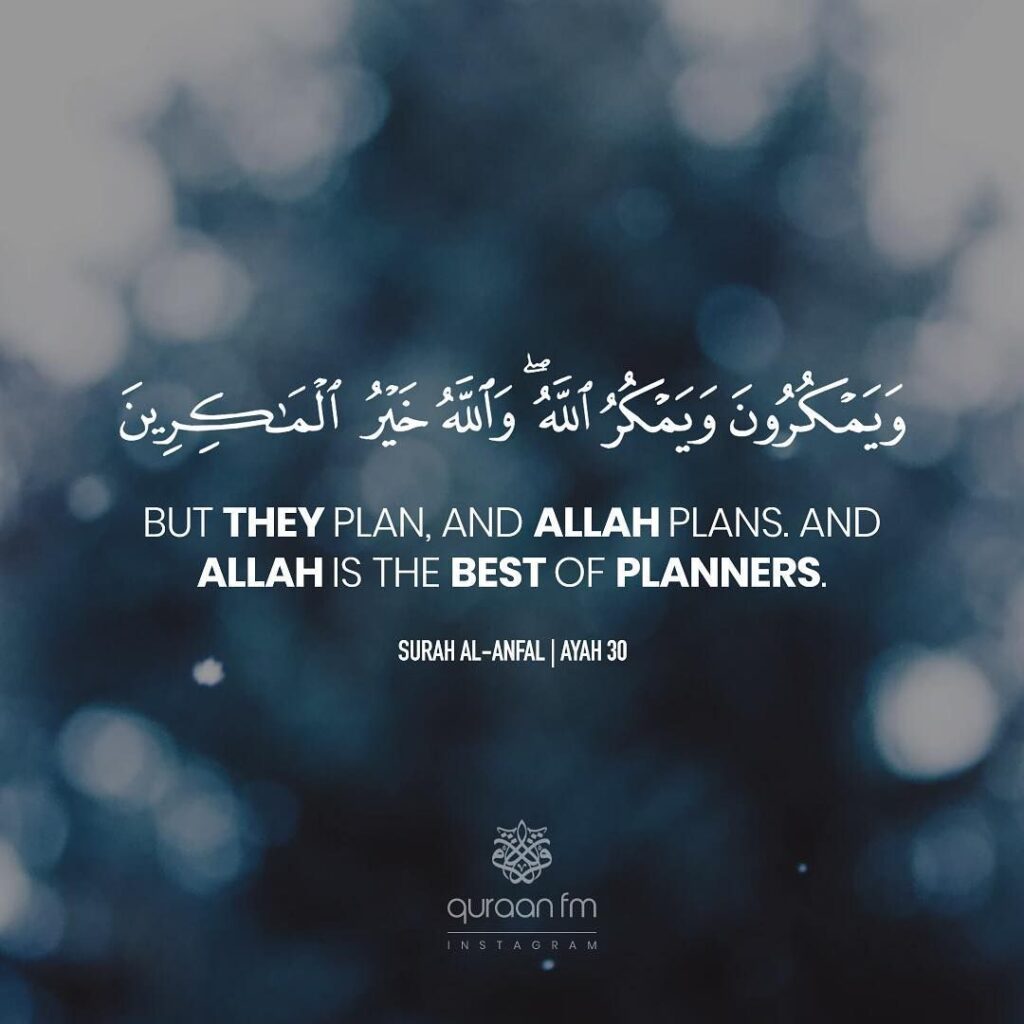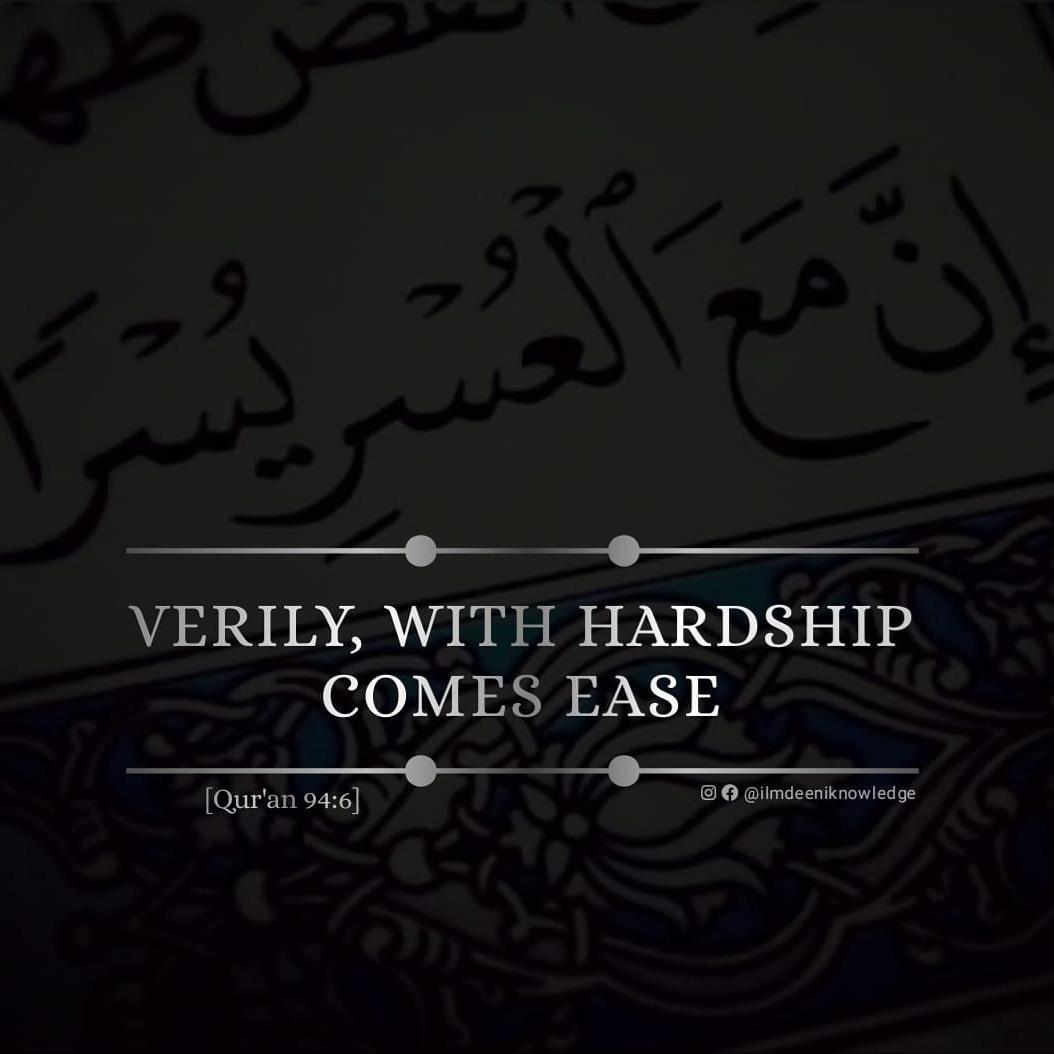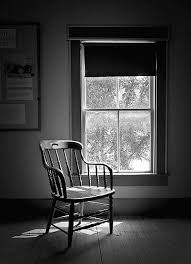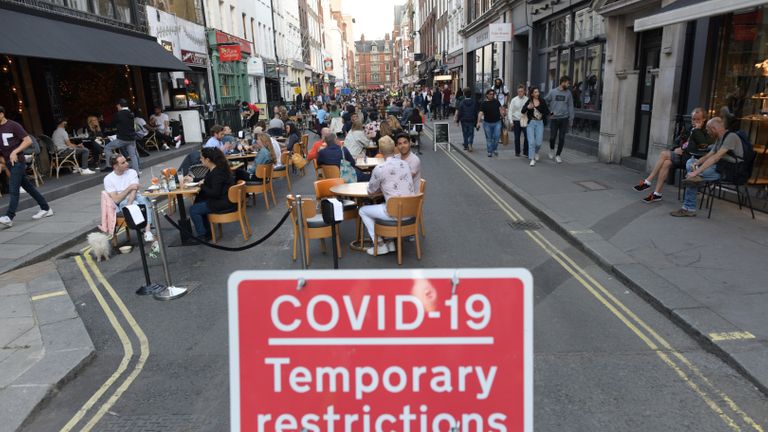Ali (Allah be pleased with him) once was asked: “How have you recognised your God?”
He (Allah be pleased with him) answered: “I recognised God through revoking the determinations and breaking the intentions. When I determined and I was prevented from achieving my determination, and when I intended and fate contradicted my intention, I realised that the Administrator was other than me.”
And so this uneventful year draws to a close and I find myself thinking how much history 2020 made. Be it the pandemic, racial tensions or presidential campaigns across the pond, 2020 has been one long rollercoaster.
Life is full of surprises and if anything, this year has shone a light on how amazingly resilient Allah has created us all. Just when we are about to put our feet up and become a little complacent with our routine in life, the setting suddenly changes and we’re forced to recompose, reshuffle the pieces and refocus the lens a little. And in the midst of this restructure, our unsteady walk exposes us, we trip, we fall and we fail…but we brush ourselves off and stand back up. A quote of JK Rowling comes to mind that ‘It is impossible to live without failing at something unless you live so cautiously that you might as well not have lived at all – in which case, you fail by default.’ This year has been a year of ‘falling’ for many of us but with the tradition of reflection (Muhasabah – account ourselves to ourselves) maybe we can transform the ‘falls’ into life-changing goals.

The biggest lesson that was manifested this year is that ‘Allah never tests a soul more than it can bear’ (Quran, 2:286). There are so many beautiful lessons to learn from this verse alone that could put this whole year into perspective for many of us. This world is a test and each and every one of us will be tested in various ways. A utopian society does not exist and 2020 has very clearly shown us that. Once we truly understand this, we can start to formulate that as Muslims, it is crucial we believe that Allah tests us to make us, not break us. When total fear ensued in March, Allah’s powerful promise in the Quran should have been our zen and reassurance amidst the chaos. Our goal for 2021 is to place our complete trust in Him SWT and His plan. He SWT doesn’t leave us, but we leave Him. He doesn’t move an inch away from us and is closer to us than our jugular vein.
As Ramadhan drew closer and it dawned on us that the Masajid would remain closed and Taraweeh Salah will have to be performed in the homes, a heart-breaking sadness cloaked us. Who will be leading? What will be prayed? How much Qur’an do we know? Will it even feel like Ramadhan? As these questions were being discussed in every household up and down the country, a new lesson was emanating. Alhamdulillah, many homes echoed with the confident recitations of their Huffadh but the hard truth is that there still remained a huge number of us who hadn’t prioritised reading and learning the Quran enough to be able to stand up and confidently take on the musalla. We were always so reliant on the Ulama and the Huffadh that we had become complacent with our own learning journey. This reminded me of how I will be alone in my grave, just me and my deeds – no Hafidh to fall back on, no Alim to rely on, no one. The closure of the Masajid and the emptiness that came with it threw us into frantic jeopardy but ‘A believer is never stung from the same hole twice’ (Hadith) and so Ramadhan 2020 taught us to never stop learning. Know 10 Surahs from Juz Amma? Make it your goal to learn another 10 this year. Learn Surah Yaseen. Learn Surah Mulk. Learn Surah Rahman. Never stop learning. Create an insatiable hunger for learning. When you get to the end of your life, you want to be able to tell yourself that I spent every year of my life learning something new from the Qur’an and didn’t stay stuck on ‘Madrasah Mode’ from my teenage years.
2020 brought out some of the ugliest faces yet the most soul-soothing actions. Whilst on the one hand racism hit another high, unity in the face of tragedy outshone. The pandemic may have thrust us into isolation but it brought a sense of togetherness that was not seen before. Communities came together, putting aside creed, caste and religion, to help the elderly, vulnerable, isolated with food packages, medicines, shopping and that’s just the tangible needs. Neighbours checked in on one another, more phone calls were made to friends and family, messages dropped in asking how we’re doing. Let’s make it our mission to continue this fulfilling deed. Send that text message, make that two-minute phone call, and don’t just call someone when you need them. Mother Teresa once said, ‘Loneliness is a terrible poverty’ and there are millions of people suffering from that lack of friendship. In these difficult times, make someone feel heard. Our beloved Prophet ﷺ said, ‘You won’t be able to take care of everyone financially; instead, let your cheerful face and good manners take care of all of them’ (Musnad Bazzar).

Now we are at the suggestive, somewhat enticing, light at the end of the tunnel stage of the pandemic, we are tested once again. The vaccine is available and whatever side of the fence you sit on, remember that Allah is the Controller. Everything truly belongs to Him alone and he holds authority over everything and everyone. One Quran verse frequently came to mind at different times this year. Allah says, ‘لمن الملك اليوم، لله الواحد القهار ‘For whom is the dominion today? For Allah, the One, the Supreme’ (Quran, 40:16). Allah gives and Allah takes. Let’s not talk as if this year has been a year of just the revolutionising scientists against the evil virus, forgetting all along that Allah is the Master, the Withholder, and the Bestower of all things.
It has been a challenging year but for the intelligent believer, no challenge comes without changes. We may want to be quick to forget all that 2020 put on our plate but let’s remember the lessons it taught us and the goals it guided us to make.

Ismail ibn Nazir Satia (one who is in dire need of Allah’s forgiveness, mercy and pleasure)
15 Jamada al-Awwal 1442

